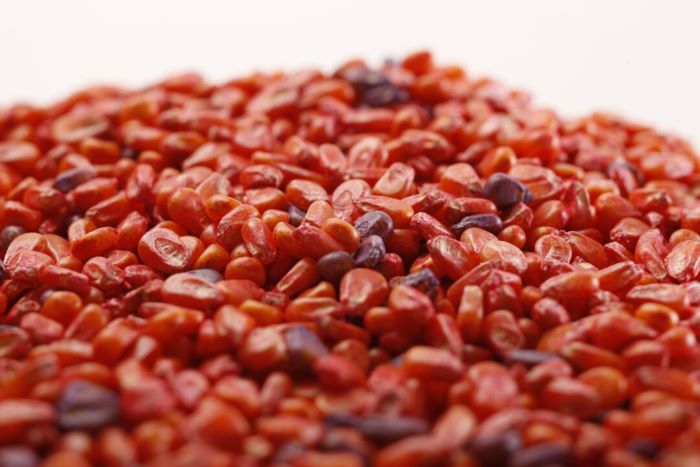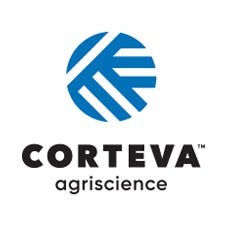December 6, 2021

Hybrid selection is one of the most important decisions growers make. Right now, growers are discussing seed options with their local representatives, trying to get the right seed on the right acres.
Hybrid performance one year often plays a significant role in planting decisions the following year. Yield and other data collected throughout the season also improves decision making.
“One of the top considerations should be maturity,” said Troy Deutmeyer, Pioneer Field Agronomist. “Hybrid maturity ratings help growers manage agronomic risk and spread harvest timing. Hybrids are typically given an overall grain comparative relative maturity (CRM), silage CRM, a silking CRM and a physiological CRM.”
Physiological CRM is particularly important for growers harvesting high-moisture corn or snaplage. Most seed companies also report average growing degree units (GDU) to silking and GDU to physiological maturity (kernels 30% to 34% moisture). GDU to physiological maturity, or black layer, is probably the best overall indicator of whether a hybrid can mature for grain harvest based on comparisons with long-term GDU accumulation records for a specific area.
Growers should also analyze each hybrid’s disease protection package. Each farm or field has a unique disease history, requiring tailored disease protection. Hybrids with strong resistance to the diseases in a given field should be emphasized.
“At the time of seed purchase, growers should decide whether fungicides will be applied during the season,” Deutmeyer said. “This ensures the genetics being planted will or won’t have a fungicide on them, helping agronomists make better-informed decisions for seed selection now and during the growing season.”
Source: Corteva Agriscience which is solely responsible for the information provided and is wholly owned by the source. Informa Business Media and all its subsidiaries are not responsible for any of the content contained in this information asset.
Read more about:
SeedAbout the Author(s)
You May Also Like






